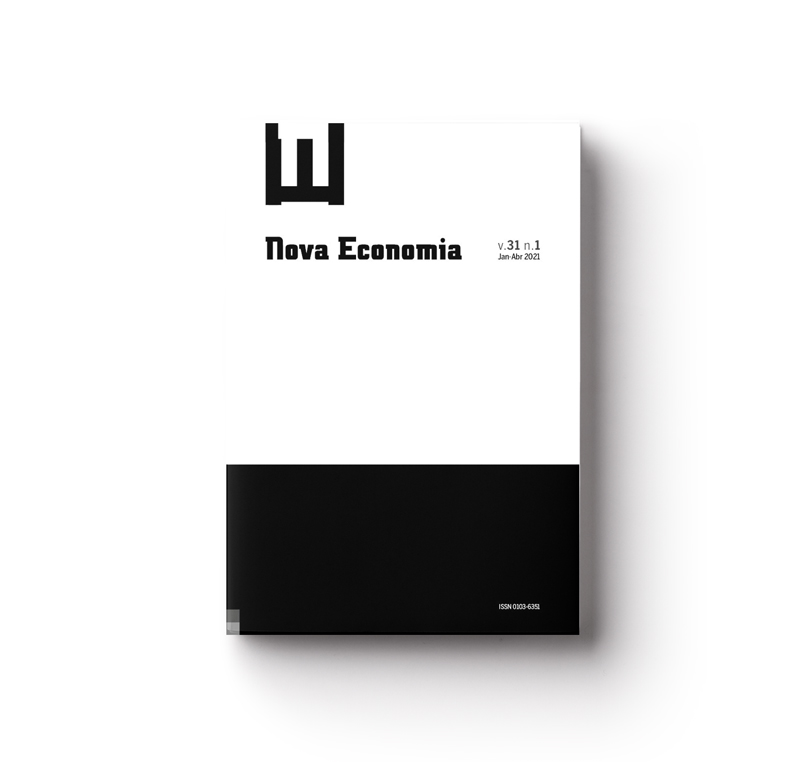Evaluation of policies to combat poverty in Brazil: application of the Generalized Synthetic Control method for Fecop in Ceará
Abstract
Abstract
The objective of this study is to estimate the impact of the creation of the State Fund to Combat Poverty (FECOP) in 2003 on poverty indicators in Ceará. The empirical application is distinguished by the use of the Generalized Synthetic Control method recently developed by Xu (2017). With state-level data for the period 1981 to 2014, the results indicate a statistically significant impact of FECOP on poverty and extreme poverty reduction in Ceará starting in 2008. Additionally, a comparative analysis of states composing the synthetic control for Ceará was carried out, regarding the number and total value of benefits of the Program Bolsa Família. The purpose is to present evidence that the effects found are not being affected by federal program transfers.
Keywords: Generalized Synthetic Control, Poverty, State Fund to Combat Poverty.
JEL Codes: C13, C21, I32
Downloads
Published
How to Cite
Issue
Section
License
Copyright (c) 2021 Vitor Hugo Miro Couto Silva, Francisca Zilânia Mariano, Guaracyane Lima Campêlo, Natália Cecília de França, João Mário Santos de França, Marília Rodrigues Firmiano

This work is licensed under a Creative Commons Attribution 4.0 International License.
Authors who publish with this journal agree to the following terms:
- Authors retain copyright and grant the journal right of first publication with the work simultaneously licensed under a Creative Commons Attribution 4.0 International License that allows others to share the work with an acknowledgement of the work's authorship and initial publication in this journal.
- Authors are able to enter into separate, additional contractual arrangements for the non-exclusive distribution of the journal's published version of the work (e.g., post it to an institutional repository or publish it in a book), with an acknowledgement of its initial publication in this journal.
- Authors are permitted and encouraged to post their work online (e.g., in institutional repositories or on their website) prior to and during the submission process, as it can lead to productive exchanges, as well as earlier and greater citation of published work (See The Effect of Open Access).




